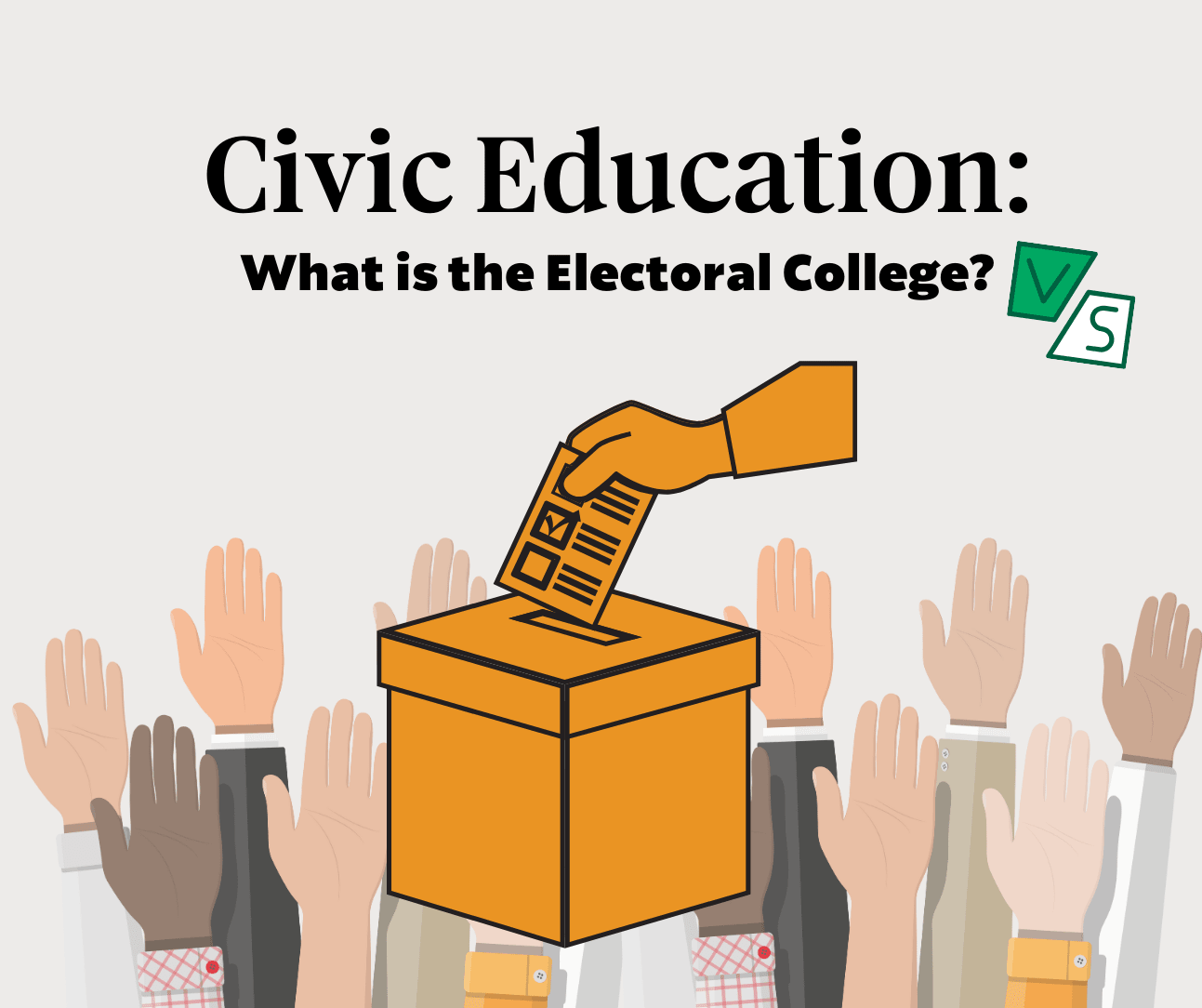
What is the Electoral College?
Electoral College, stay or replace?
What is the Electoral College?
- The Electoral College is a process, not a place, in which voters cast their ballots for electors from their respective states, who then vote for the president. The number of electors is based on a state's congressional representation.
- The Founding Fathers created the Electoral College to find a middle ground between the president being elected through a congressional vote and a popular vote by citizens.
- The Electoral College has 538 electors in total, and a candidate needs at least 270 electoral votes to become president.
Arguments for the Electoral College
- Representation: The Electoral College prevents heavily populated states (such as California or Texas) from dominating presidential elections and gives smaller states a say. Without the Electoral College, candidates might only focus efforts on larger cities and neglect the needs of rural areas.
- Federalism: The Electoral College upholds the federalist structure of the U.S. government, ensuring power is divided between the state and federal government.
Arguments against the Electoral College
- Minority Rule: The U.S. is the only democracy in the world where a presidential candidate can win the most popular votes yet still lose the election. This happened in 2000, when Bush won the Electoral College but not the popular vote, and in 2016, when Clinton won the popular vote but lost to Trump. Some people argue the Electoral College contradicts the principle of majority rule.
- Faithless electors: Electors commit to voting for the candidate endorsed by their party if that candidate secures the majority of votes in their state. Most of the time, they vote the same way as the people in their state, but there have been rare cases of “faithless electors” who vote differently from what they had promised.
- Swing state focus: The Electoral College can cause candidates to concentrate efforts on swing states like Florida and Ohio, where the outcome may be uncertain. This can lead to policies that favor certain states over the entire nation.
Alternatives to the Electoral College
- Plurality voting: Plurality voting is a common method employed in Mexico, South Korea, the Philippines, and more. This method means the candidate which has the most votes after a single round wins.
- Runoff voting: In the first round of a runoff voting system, if one candidate gets over half the votes, they win. If not, the top two candidates face off in a second round of voting.
- Ranked-choice voting: In this system, voters are instructed to rank each candidate to avoid wasting their votes.
Do you support the Electoral College system for electing the president, or should America adopt a different process?